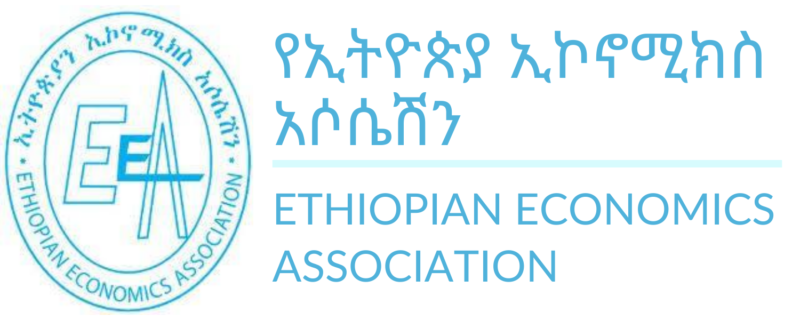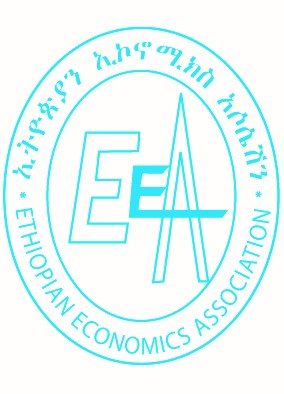Abstract
Agriculture is the backbone of the Ethiopian economy, and empirical evidence shows that women who make up more than half of the agricultural labor force contribute less to agricultural productivity. This study investigated the gender differences in agricultural productivity and highlighted the main causes of the productivity gaps between male and female headed households. For this study, the researchers utilized the panel data of 3474 households for the analysis, of which 69% (2404) were male-headed and 31% (1070) were female-headed households. Result from the DID Method of Impact Evaluation show that female headed households were less productive by 3.7% and 2.05 quintals per hectare when measured in terms of value in birr and quintals per hectare compared to male headed households. Additionally, the results from the pooled and random effect Tobit model showed that soil fertility, sex of the household head, slope of the land, total livestock holding in TLU, extension contact, use of inorganic fertilizer, credit use, machinery use, and plantation method are among the determinants of the gender gap in agricultural productivity. Furthermore, results from the Oaxaca decomposition show that a gender productivity difference between male and female-headed households was roughly 11.2% when measured by value and 5% when measured by an area-weighted formula. The main finding of the study is that endowment effects were less likely to have a significant impact on the productivity gap than structural effects did. Differences in the unexplained characteristics of men and women may also contribute to the considerable productivity gap between male-headed and female-headed households. Therefore, working on women’s empowerment to improve their structural disadvantages through various training programs that favor women or gender mainstreamed extension training programs for lowering gender productivity differentials is a possible policy option.
Keywords: Gender, Productivity, Gap, Impact, Decomposition


